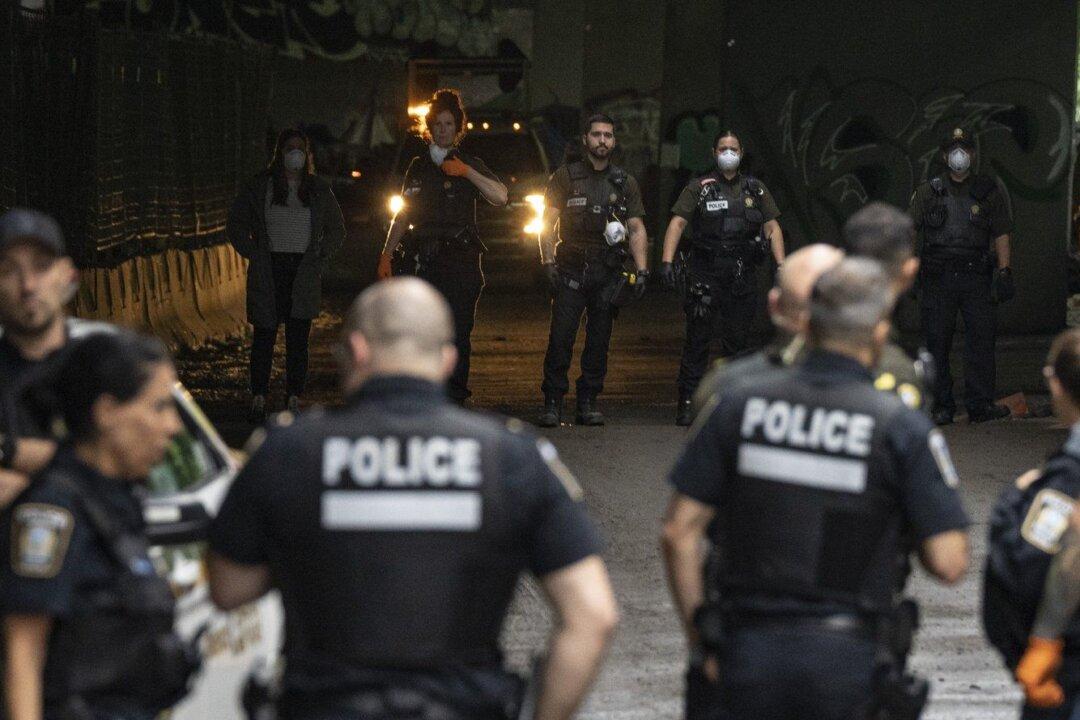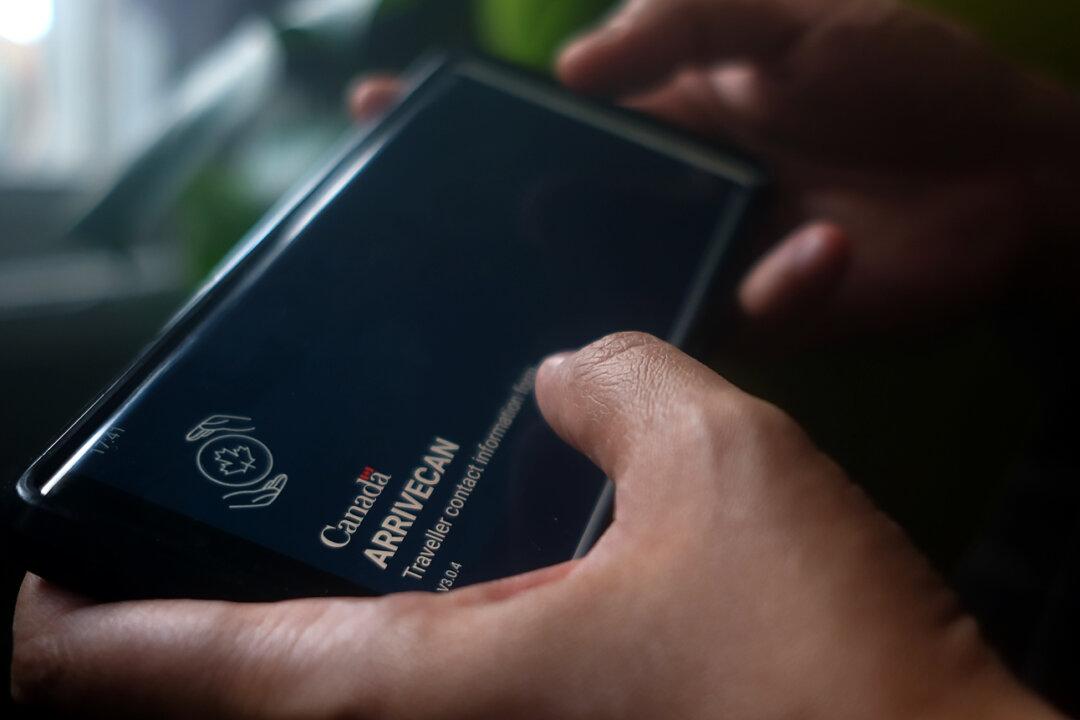A warning by the Quebec Provincial Police (QPP) against posting images of alleged thieves on social media because it might be “a violation of private life” underscores the complex balance between public security and legal rights in Canada.
“You cannot post the images yourself because you have to remember, in Canada, we have a presumption of innocence and posting that picture could be a violation of private life,” QPP Communications Officer Lt. Benoit Richard recently told CTV News.





